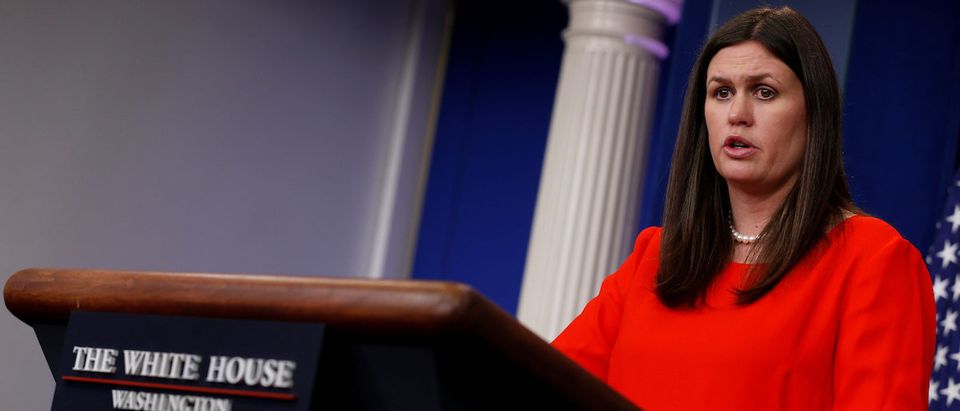You don’t have to work inside the Beltway to have known that Sean Spicer’s days as White House press secretary are numbered. When the boss starts contradicting you in public, your credibility and respect is shot with colleagues – or in this case, with the American public.
Spicer made so many communications mistakes throughout his short tenure that it’s amazing he lasted this long. He badgered the press; he stuck to talking points even when he knew they weren’t accurate; he didn’t cultivate relationships with reporters; he didn’t fit in with a Trump culture that values style over substance; he wasn’t prepared for the news of the day. Shall I go on?
The new press secretary will start the first day with a fresh reputation, but that doesn’t mean he or she will have it any easier than Spicer. The Trump administration is built like an authoritarian regime. It’s a management style that doesn’t mesh with a free press designed to question authority. The new press secretary will need to learn to walk that tight rope.
Here are a few of the most glaring mistakes Spicer made and how the next press secretary can avoid them.
Don’t approach a crisis with talking points
Spicer made the same mistake that Hillary Clinton’s press team made. They approached every crisis with a talking point, rather than actually answering the difficult questions. You can’t evade the tough questions with experienced journalists. Their job is to uncover the truth and advance the news of the day. If you approach today with an answer from yesterday, you have zero credibility. When President Trump tweets a veiled threat at the former FBI Director James Comey, you can’t tell reporters, “the tweet speaks for itself.” Learn to adapt the message in crisis mode. You can accomplish that by preparing before speaking with reporters.
Insist on Communications Meetings with Trump
Spicer frequently went before the press without knowing what the president wanted to convey. He seemed out of the loop. The entire White House communications team should know where the news cycle is headed and prepare for it. If the morning news is discussing how Vladimir Putin has a recording inside the White House, it’s safe to assume journalists will ask about it. The incoming press secretary should demand time to speak directly with the president before he or she goes before the press, especially if controversial news is already out. If you’re speaking on behalf of the president, you need to hear it from the president, not a top advisor. And if the president is too busy, the press secretary should attribute the information to a senior advisor. It will protect the president and the new press secretary later should the information change.
Develop Relationships with the Media
Relationships matter with targeted beats like politics. If the press secretary is combative with journalists, they will throw it right back. We laugh at the SNL skit of Spicer because it is too real. That’s not a good image for any press secretary. A little respect and dignity with journalists will go a long way for the new press secretary. In 2010, I ran a Congressional campaign for a candidate who didn’t want to work with the local newspaper, even though it was the largest news source for his district. I told that candidate he was approaching reporters the wrong way. They weren’t out to get him, as he feared. They were just trying to get answers for their story. We cultivated relationships and that candidate went on to win the general election. In my view, perception played a role.
Whoever jumps into the new press role must also value style. Trump frequently bragged that his Vice President Mike Pence looked the part, but on Spicer’s first day on the job, he showed up in an over-sized suit. That didn’t exactly look the part. Substance will always trump style, unless, of course we’re talking about Trump. Whoever jumps into the new role will at least have a very low bar.
Mark Macias is a former Executive Producer with NBC, Senior Producer with CBS in New York and author of the book, Beat the Press: Your Guide to Managing the Media. He now runs his own PR agency, Macias PR, which was named the 2015 and 2016 PR Firm of the Year by Finance Monthly.


